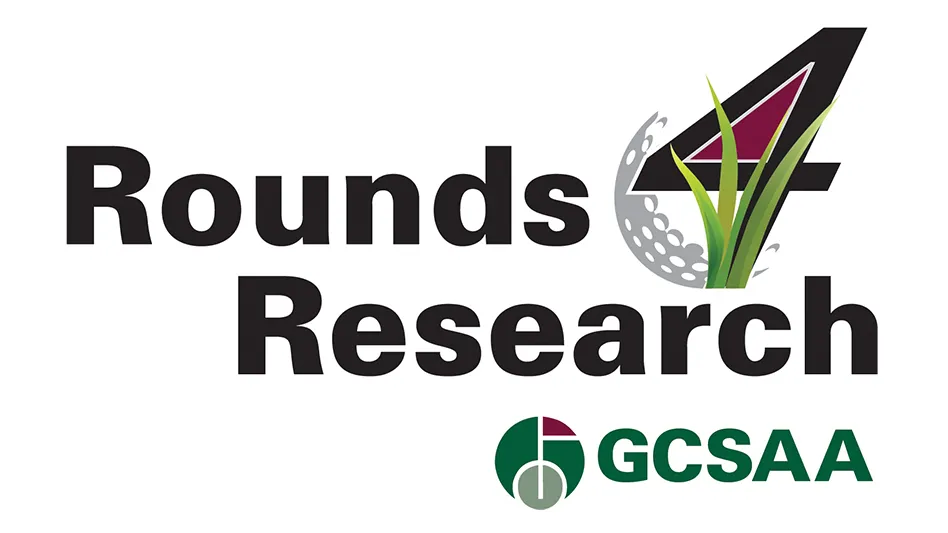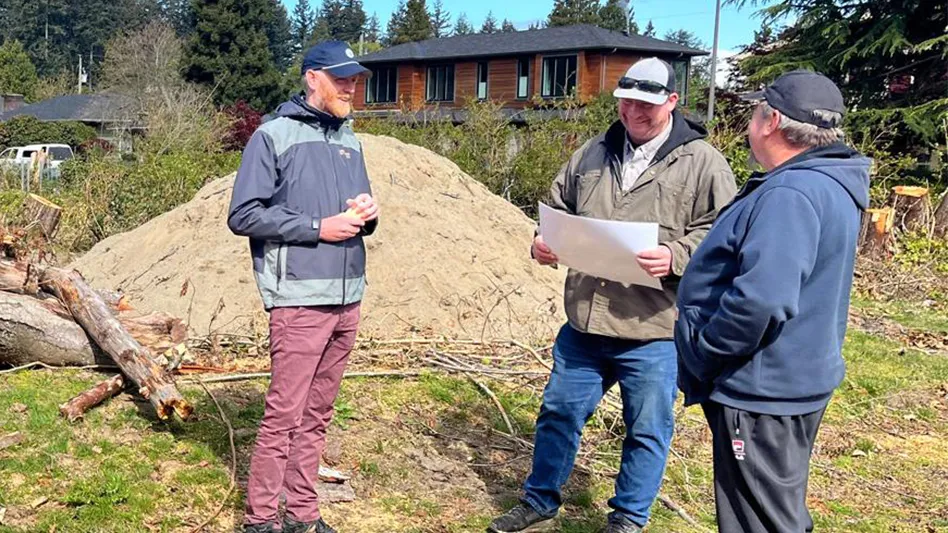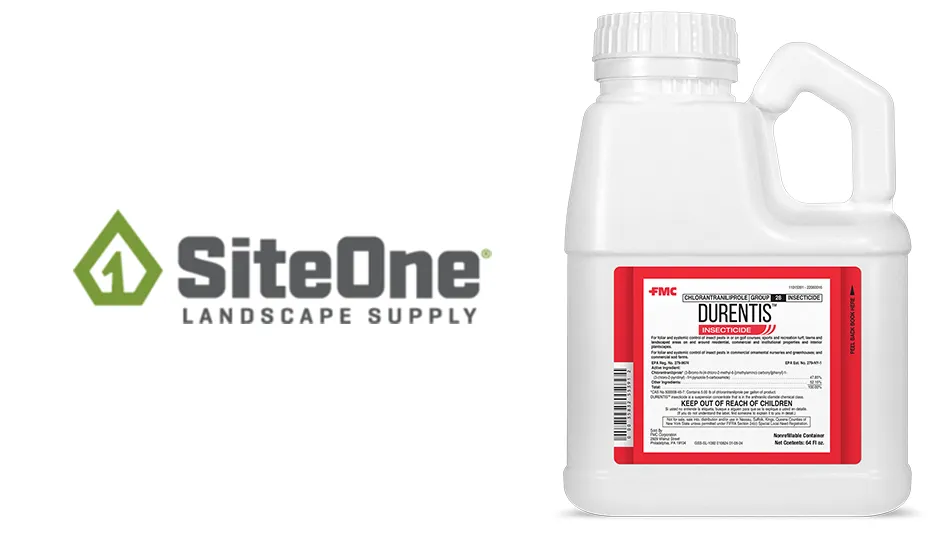The only thing managers dislike more than firing employees is conducting a performance appraisal. Why is this, and what should a golf course superintendent do?
Performance is evaluated during appraisals, but the problem is, in most cases, the appraisal becomes the goal. Although valuable, appraisal isn’t the goal. Instead, the goal is to improve performance and enhance job satisfaction. Too often, the performance appraisal is an end instead of a means to improving performance.
Let’s look at an analogy. Few of us look forward to an annual physical because it’s an appraisal of our bodies’ health. We find out if we have any problems, but we rarely leave with ideas and a commitment to improving our health. Again, the appraisal is the end, not a means, to a healthier body. What we need and might even look forward to is a system for improving our health.
Similarly, for the performance appraisal, we need to replace, refocus or supplement it so we have a system that enables maintenance staff employees to improve their performance continuously. The focus of such a system must be improved performance that also results in greater maintenance staff job satisfaction. To meet the goal of improving performance (and job satisfaction), the system must have two key characteristics:
- It must happen when performance occurs – throughout the year; and
- It must be a collaborative engagement between the superintendent and the maintenance staff member or team.
The cornerstone of the system I suggest in my teaching and implement with my clients has two components. The first is providing quality feedback continuously – when the performance occurs. The second is frequent performance management coaching sessions between the supervisor and the employee or team of employees. I typically recommend a monthly meeting, which can be less formal than a performance appraisal. My suggested agenda for the session is:
A. Two coaching questions: What went really well in the last month, and what could be improved?
B. Discuss the specific measures of performance comparing actual performance to expectations. Review performance for the month, and discuss the performance measures one at a time, concluding with setting the expected value for the next month.
C. Discuss specific issues for the next month.
D. Other items.
E. Ask how the coaching session can be better next month.
F. Adjourn.
I’ve found the two coaching questions to be extremely effective when involving the maintenance staff individual or team and making the system collaborative. The first question (What went really well in the last month?) focuses on the positive and sets a great tone for the session. The second question (What could be improved?) has two advantages. It doesn’t put the employee on the defensive because it doesn’t ask what went wrong, and you can insist on an answer because there are always areas for improvement. Try it. When asked sincerely and patiently, you’ll be amazed by what you learn and the employee engagement that will result.
The actual performance compared to expected performance is the heart of the system. You must work with the employee or team to develop specific performance measure and expected performance goals for each month. The comparison should have a coaching and forward-looking tone. The primary objective is to improve performance, not simply determine whether the goal was met. If the goal wasn’t met, view it as being behind 2 to 1 after the third inning of a baseball game and figure how you’re going to tie the game and take the lead.
Discussing how the session can be better next time provides opportunities to improve the session continuously. You might go months without any input, but then, a great idea emerges. Keep asking, but don’t pressure.
E-mail me at rmilligan@trsmith.com for a Word file containing the agenda and a worksheet to assist with the expected compared to actual performance levels.
I realize many of you are required to complete an annual performance appraisal. In my use of this performance coaching system, an annual meeting is still required and valuable. The focus of this meeting, the annual meeting, is on the long-term issues of training/professional development and career development. For your seasonal workers, it should focus on the opportunities they will have (or not have) if they return for another year. For year-round employees, it will focus on their continuing professional development needs and future opportunities at the course or club.
The bottom line: Performance improvement requires a system that operates every day an employee is employed. GCI
Robert A. Milligan, Ph.D., is professor emeritus from Cornell University and senior consultant with Madison, Wis.-based Dairy Strategies. He can be reached at 651-647-0495 or rmilligan@trsmith.com.

Explore the March 2008 Issue
Check out more from this issue and find you next story to read.





